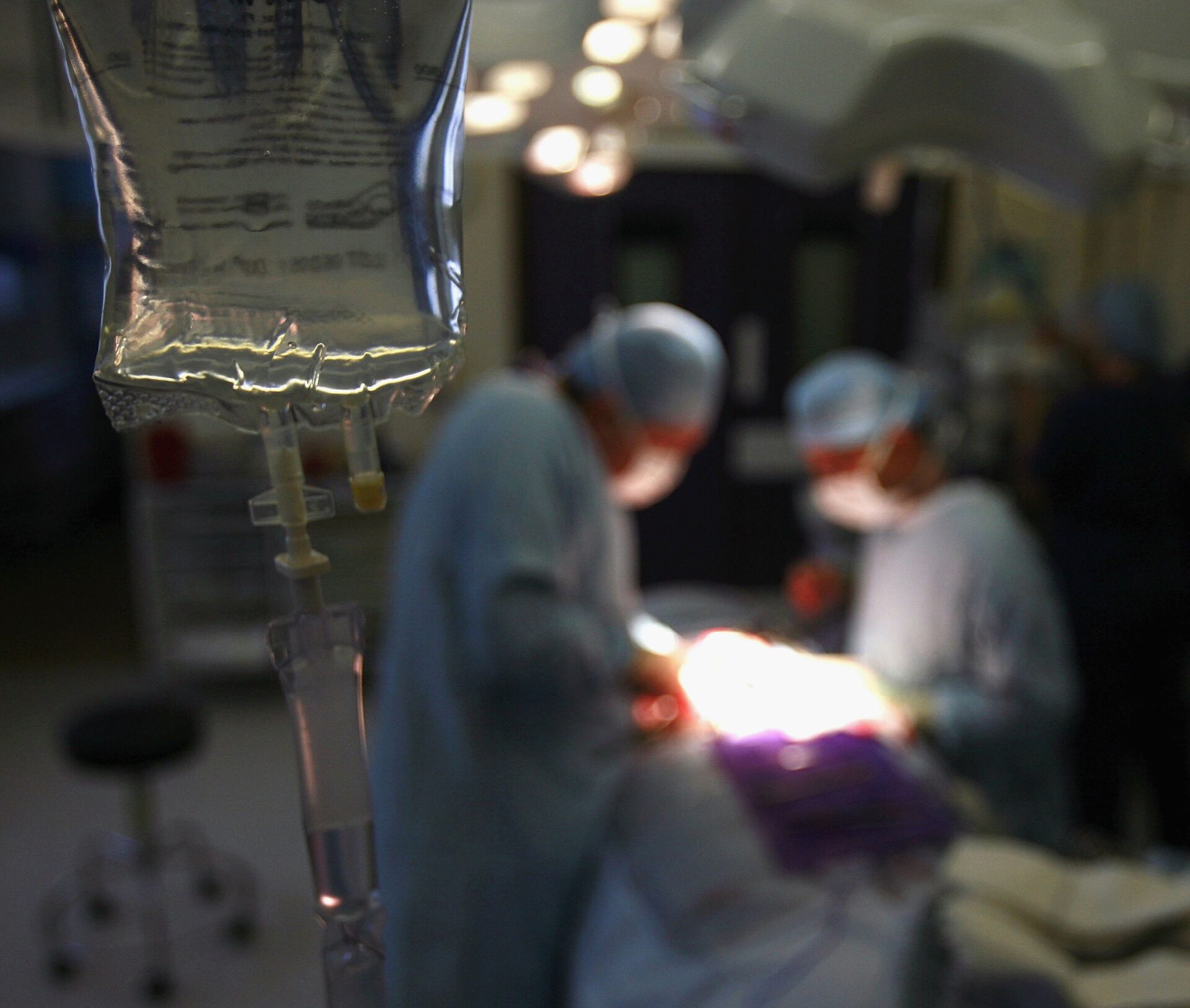Why is Abu Dhabi’s PureHealth buying up U.K. hospitals?
The biggest health-care network in the UAE has made two big-ticket acquisitions since forming last year – including a debut in the U.S. and a research partnership with Israel.

Christopher Furlong/ Getty Images
An operating room in Birmingham, England
ABU DHABI, United Arab Emirates – The UAE’s biggest health-care network, PureHealth, has made two big-ticket acquisitions since forming last year, looking outside the region to the U.S. and U.K. for growth, while forging a research relationship with Israel. ...










